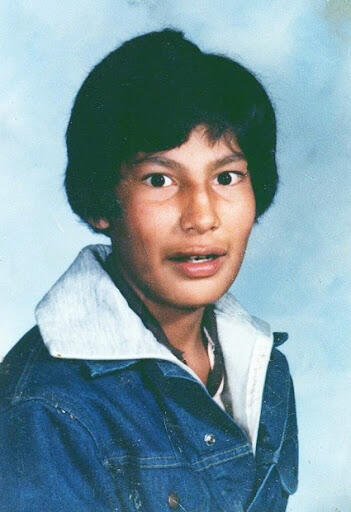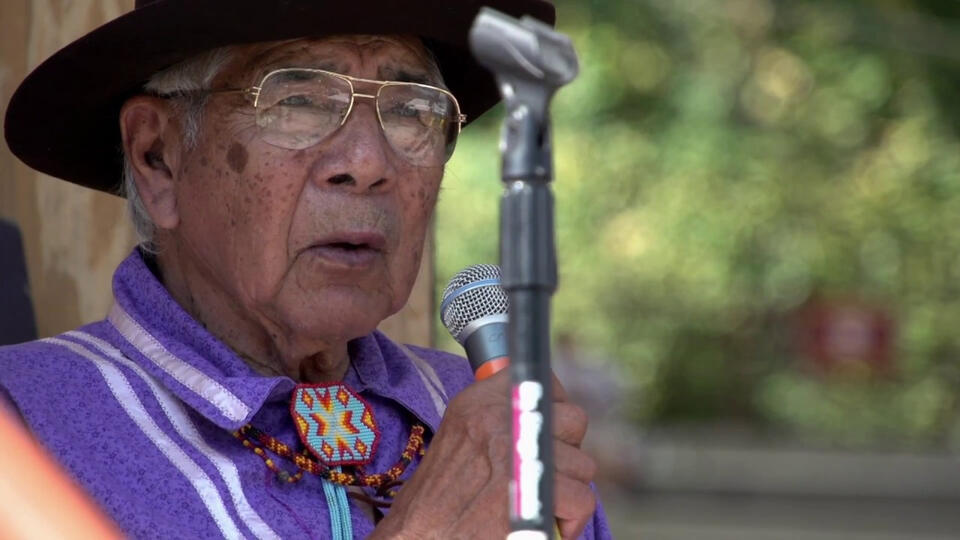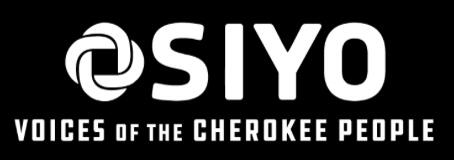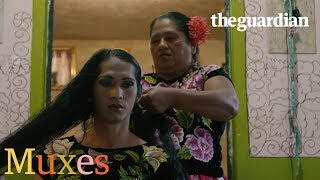Indigenous films & podcasts
a collection of Indigenous stories that are told through films & podcasts from the Indigenous perspective.
Richard Cardinal: Cry from a Diary of a Métis Child
Richard Cardinal died by his own hand at the age of 17, having spent most of his life in a string of foster homes and shelters across Alberta. In this short documentary, Abenaki director Alanis Obomsawin weaves excerpts from Richard’s diary into a powerful tribute to his short life. Released in 1984—decades before the Truth and Reconciliation Commission—the film exposed the systemic neglect and mistreatment of Indigenous children in Canada’s child welfare system. Winner of the Best Documentary Award at the 1986 American Indian Film Festival, the film screened at New York’s Museum of Modern Art in 2008 as part of an Obomsawin retrospective, and continues to be shown around the world.
First Language - the race to save Cherokee
This Emmy Award-winning documentary chronicles the efforts of the Eastern Band of Cherokee peoples to preserve and revitalize the endangered Cherokee language.
Osiyo: Voices of the Cherokee People.
Osiyo, Voices of the Cherokee People is a groundbreaking series inviting you to discover the rich traditions and compelling modern advancements of the Cherokee people told through a documentary lens. The edutainment show features the people, places, history, language and culture of the Cherokee Nation, the largest federally recognized tribe in the US with more than 380,000 citizens. Cherokee culture comes alive through 30-minute episodes featuring topics like ceremonial turtle shell shakers, buffalo grass dolls and basket weaving. Come along for adventures as we present the exciting lives of Cherokee people today, taking you along with a U.S. Coast Guard helicopter pilot, scuba diving with wounded warriors, and traversing the wilderness in search of Cherokee Bigfoot. They are Cherokee stories, told by Cherokee people.
Muxes - Zapotec‘s third gender
In Juchitán, Mexico, muxes – children identified as male at birth, but who choose at a young age to be raised as female – are embraced as part of the community. Being muxe is often confused with being transgender, but it is an identity specific to the Oaxaca region and the Indigenous Zapoteca culture. Having a muxe person in the family has come to be seen as good luck and even a blessing. But life outside Juchitán is not always easy.
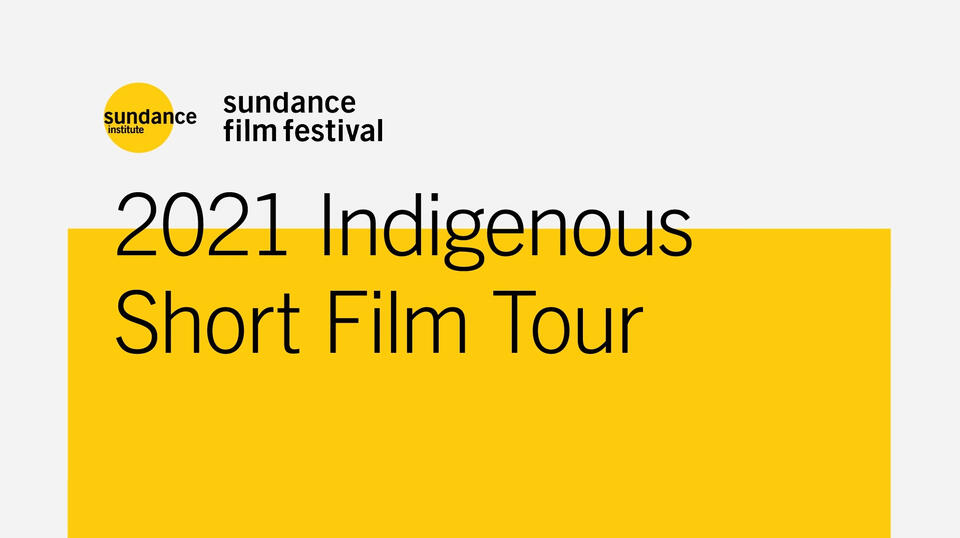
2021 Indigenous Short film tour
The 2021 Sundance Institute Indigenous Short Film Tour is a FREE 85-minute virtual program of seven short films directed by Indigenous filmmakers selected from recent editions of the Sundance Film Festival. Presented in partnership with our friends at museums, Native cultural centers, and arthouse cinemas, this exciting new offering curated by the Institute’s Indigenous Program will feature fiction, documentary, animation, and experimental works from around the world, giving new audiences a taste of what Indigenous filmmakers have to offer. The Festival's Short Film Program has long been established as a place to discover talented Indigenous directors, such as past alumni Taika Waititi, Blackhorse Lowe, Sterlin Harjo, Sky Hopinka, Caroline Monnet, and Shaandiin Tome.
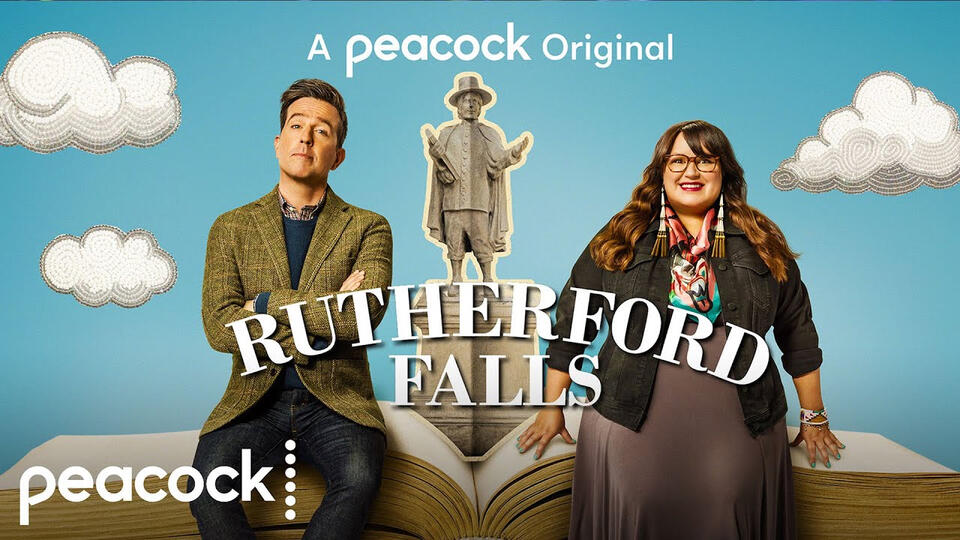
Rutherford falls
Two lifelong best friends, Nathan Rutherford and Reagan Wells, find themselves at a crossroads -- quite literally -- when their sleepy town gets an unexpected wake-up call.
